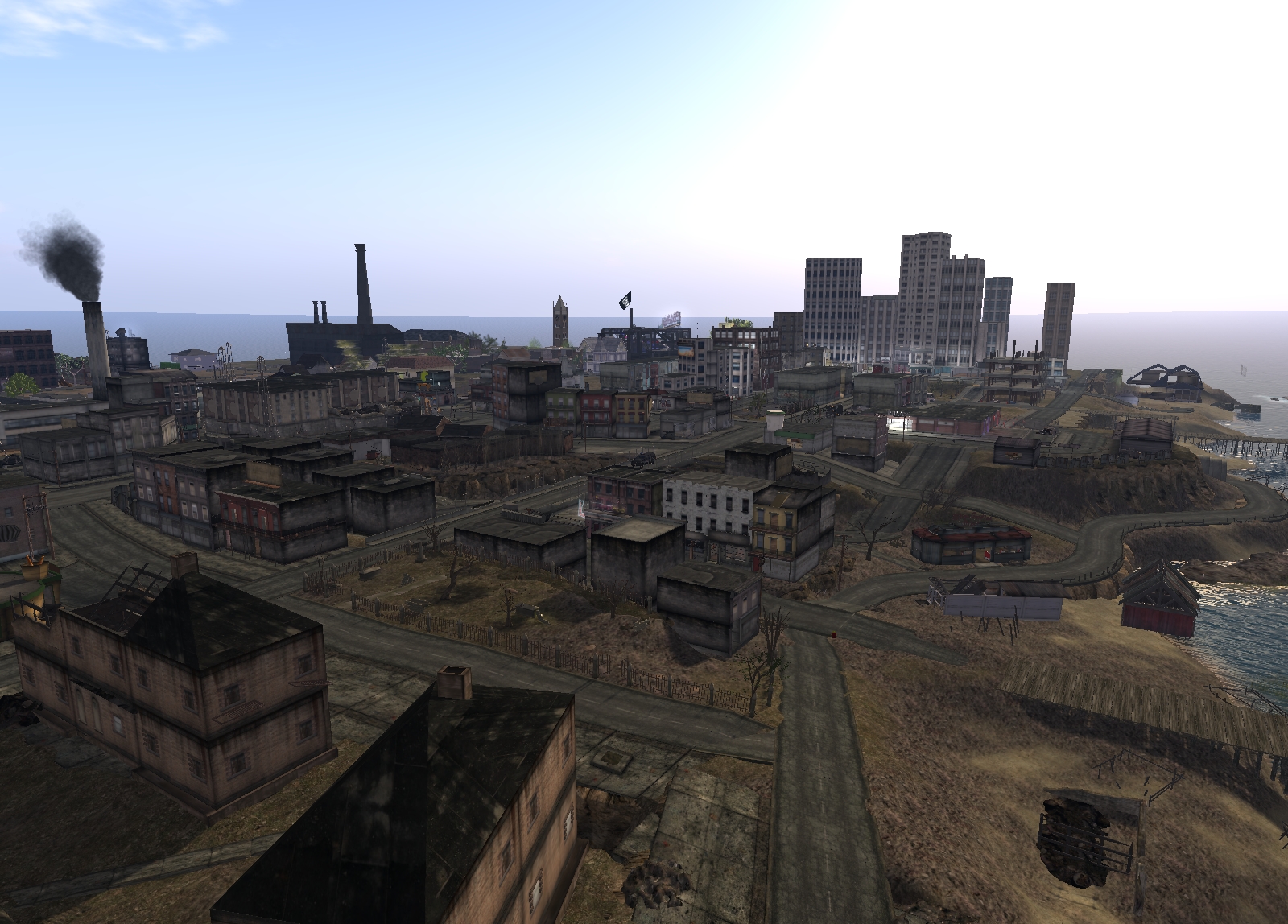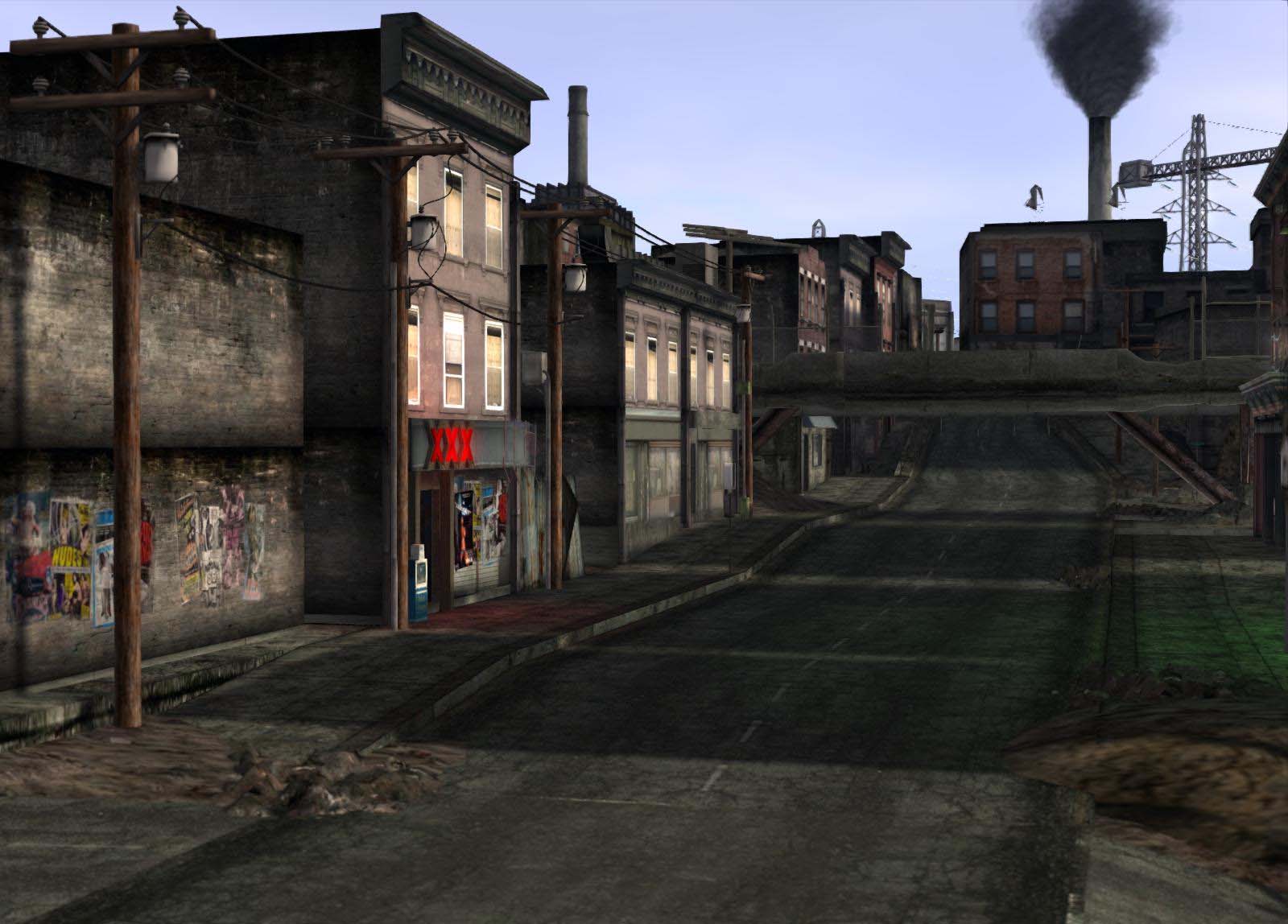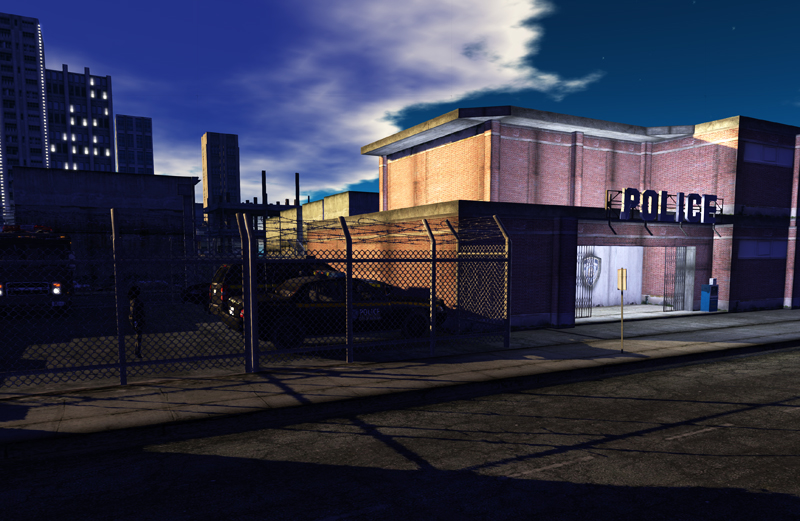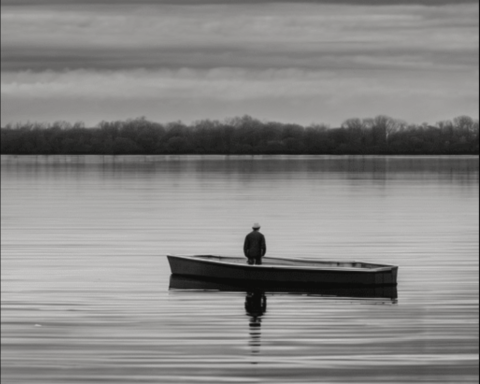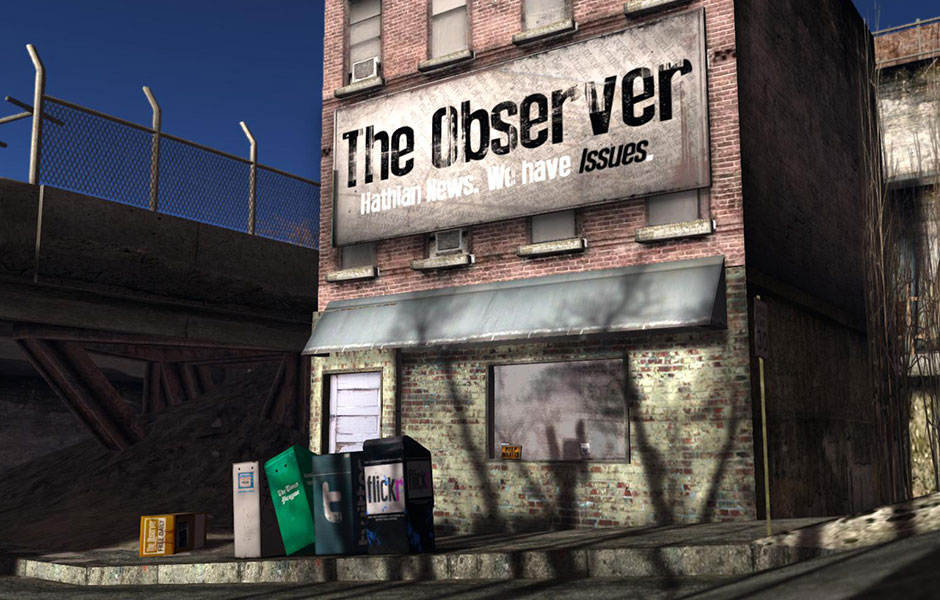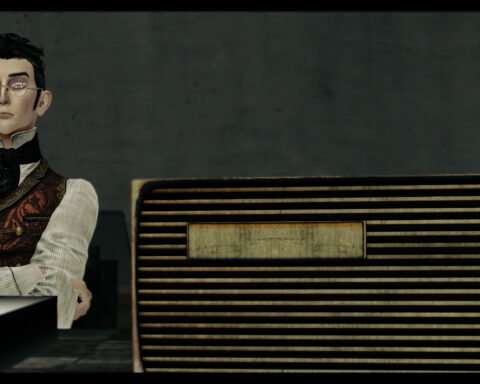Representatives of 83 countries gathered Monday to mark the centenary of the World War I in this Belgian city where fighting started a century ago, using the occasion to reflect on the conflicts raging near Europe’s borders and to call for an end to violence in Ukraine and Gaza.
Belgium’s King Philippe and Queen Mathilde and caretaker Prime Minister Elio Di Rupo —the country held elections in May but has yet to decide on a government—welcomed guests including the presidents of France and Germany, the Duke and Duchess of Cambridge and U.S. Secretary of the Army John M. McHugh.
On Aug. 2, 1914, Germany gave an ultimatum to Belgium to allow its troops to pass peacefully through the country to reach France. King Albert I declined, so the German Empire invaded on Aug. 4, prompting the declaration of war by the U.K. The first Belgian casualty was cavalryman Albert Fonck, killed 12 miles from Liège that morning.
The city—which was fortified, but needed reinforcement—was unable to resist heavy shelling and held out for two days. This gave other countries time to mobilize, and the British press at the time spoke of “brave little Belgium.” The month was a harbinger of the carnage to come: On Aug. 22 1914, 70,000 combatants were killed in one day. Liège was the first ever non-French city to be awarded France’s Légion d’Honneur, its highest honor.
Dignitaries gathered on Monday at the Allied Memorial, each one placing a white rose in a wreath, while the Belgian Royal Air Force band played a selection of military marches. Along with the British royal couple, Spain’s King Felipe VI and the presidents of Italy, Ireland, Serbia, Romania and the European Commission were in attendance. Mr. Hollande and his German counterpart Joachim Gauck joined in after an emotional day of remembrance in France on Sunday.
Mr. Hollande wasn’t the only leader to point out the risk of complacency while remembering past conflicts. Belgium’s prime minister warned leaders against thinking—as they did in 1914—that strong trade links would be enough to ensure peace.
“History shows us that economic integration and trade, alone, don’t create unity…and nor do they preclude hostility between peoples,” he said in front of the imposing war memorial. “Their economic interdependence didn’t prevent the disaster we are commemorating today.”
Britain’s Prince William evoked Edith Cavell, the British nurse executed in Brussels who said, “I must have no hatred or bitterness towards anyone” as she faced a German firing squad. “The events in Ukraine testify to the fact that instability continues to stalk our continent,” he said. “The peace that we here enjoy together with our allies and partners does not simply mean no more bloodshed. It means something deeper than that.”
The prince said Europe had moved well beyond reconciliation, to former adversaries working together “for three generations to spread and entrench democracy, prosperity and the rule of law across Europe, and to promote our shared values around the world.”
After the morning’s ceremonies, the dignitaries headed to Liège town hall for lunch. Commemoration ceremonies can also be used—discreetly—to discuss more contemporary problems. Russian President Vladimir Putin met Western leaders for the first time since the annexation of Crimea when he was in France to mark the 70th anniversary of the D-Day landings in June.
British Prime Minister David Cameron and Prince Harry are expected to join proceedings later to visit monuments including St. Symphorien, a cemetery for British and German soldiers killed at the Battle of Mons. The German president will join them for a concert of choral music performed by the London Symphony Orchestra and the Berlin Philharmonic.
German President Joachim Gauck said that there should still be hope. “The two great wars taught us terrible and bitter lessons. Let us show not merely through words of remembrance and commemoration, but also through our actions in the present and future, that we truly learned our lesson.”
((Sourced from Wall Street Journal))

